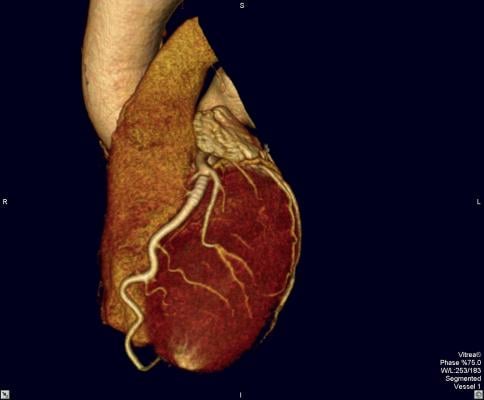
March 10, 2015 — Researchers at the University of California, San Diego School of Medicine have identified a key piece in the complex molecular puzzle underlying heart failure.
In a study published in the March 5th online issue of Cell Reports, Xiang-Dong Fu, Ph.D., and colleagues explored the heart’s progression from initial weakening to heart failure, and found that a protein, known as RBFox2, plays a critical role in this process.
Contrary to its name, heart failure does not mean the heart completely stops working, but rather that the heart muscle becomes weakened to the point that it can no longer pump enough blood for the body’s needs. Coronary artery disease, high blood pressure and heart defects are among various factors that can lead to heart failure, which has no cure and is currently treated with medications, lifestyle changes, oxygen and cardiac devices. In some cases, a heart transplant is required.
Fu and his team studied the cellular changes that occur during the weakened heart muscle’s transition from working harder to maintain proper blood flow, known as the compensatory stage, to failing to sustain adequate blood supplies, known as decompensation. “Numerous signaling molecules have been shown to be part of the compensatory program, but relatively little was known about the transition to decompensation that leads to heart failure,” said Fu.
To answer this question, the research team explored RBFox2, a gene splicing protein known to be involved in the heart’s early development and ongoing function. “We wanted to know how RBFox2 might contribute to decompensation, given its vital role in heart functions,’’ said Fu.
In their studies, the researchers restricted blood flow in mice to induce a condition similar to heart failure and then tested their RBFox2 protein levels over a period of weeks. “Strikingly, we found that RBfox2 protein was largely diminished in the hearts of live mice five weeks after the procedure,” he said.
Fu and colleagues also tested the reduction of the RBFox2 protein in mice specially-engineered to lack the protein. In these experiments, the mice lacking the RBFox 2 protein developed heart failure symptoms similar to those in the blood-restricted mice, suggesting a functional connection between the reduction of RBFox2 and decline of the heart muscle.
The research team then sought to determine why, from a mechanistic point of view, the loss of RBFox2 would weaken the heart. To study this, they examined RBFox2-controlled changes in gene expression, which refers to the biological actions taken by genes, during various scenarios of heart development in mice. Specifically, the scientists compared changes detected in the hearts of RBFox2-deleted or blood-restricted mice to those that occur during post-natal heart “remodeling.” Remodeling is the process of heart strengthening that begins at birth and continues throughout childhood. “The RBFox2 deletion-induced genetic changes are similar to those that occurred during blood restriction-induced heart failure, but opposite to those taking place during heart remodeling,” said Fu. “This indicates that the normal developmental program for strengthening heart performance is reversed during heart failure.”
Fu said the finding could lead to new drug targets for heart failure.
“We’ve learned that the RBFox2 protein is very important in keeping the heart muscle strong,” he said. “Our research shows its diminished expression coincides with the weakening of the heart muscle. This strongly suggests a causal role for this protein in heart failure. By understanding these mechanisms, we may be able to find a way to prevent the decreased expression of RBFox2, which may help in preventing heart failure.”
For more information: www.healthsciences.ucsd.edu


 January 05, 2026
January 05, 2026 









